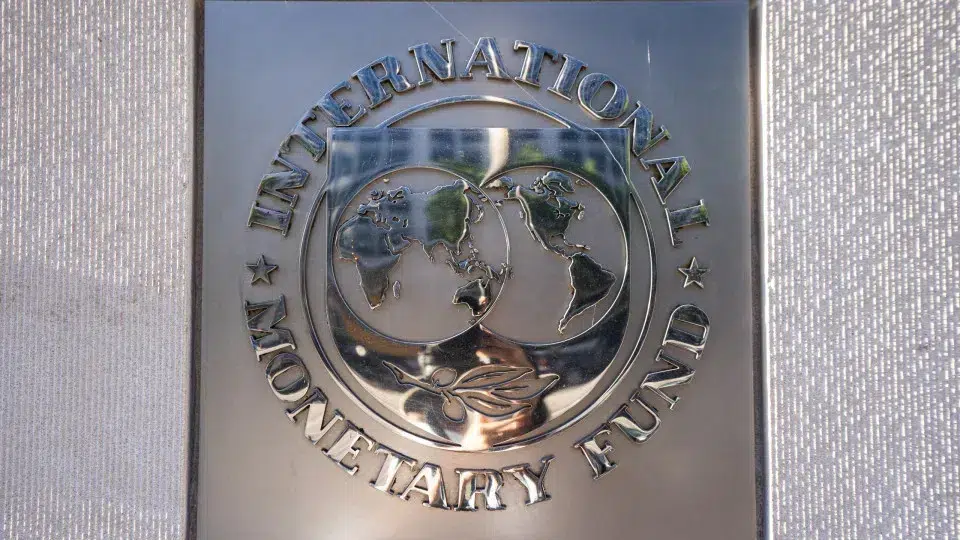
Today’s adjustments have resulted in the three-month Euribor rate dropping to 2.142%, placing it below the six-month rate of 2.156% and the 12-month rate of 2.160%.
The six-month Euribor rate, which became the most used in Portugal in January 2024 for variable-rate mortgage credits, increased today, being set at 2.156%, a rise of 0.025 percentage points.
Data from the Bank of Portugal (BdP) for March indicate that the six-month Euribor accounted for 37.65% of the stock of loans for permanent residential property with a variable rate.
The same data shows that the 12-month and three-month Euribor rates accounted for 32.39% and 25.67%, respectively.
Similarly, the 12-month Euribor rate increased, set at 2.160%, which is 0.053 percentage points higher than on Tuesday.
Contrarily, the three-month Euribor, which has been below 2.5% since March 14, declined today to 2.142%, a decrease of 0.001 percentage points.
In April, the monthly averages of Euribor decreased sharply across all three terms, more intensely than in previous months and particularly for the longer term (12 months).
The average Euribor rates for three, six, and 12 months in April fell by 0.193 points to 2.249% for three months, 0.183 points to 2.202% for six months, and 0.255 points to 2.143% for 12 months.
On April 17, the European Central Bank (ECB) at its latest monetary policy meeting, reduced the main interest rate by a quarter point to 2.25%.
The rate cut, anticipated by markets, was the seventh since the ECB began this cycle of reductions in June 2024.
The next ECB monetary policy meeting is scheduled for June 5 and 6 in Frankfurt.
Euribor rates are set based on the average rates at which a group of 19 Eurozone banks are willing to lend to each other on the interbank market.




